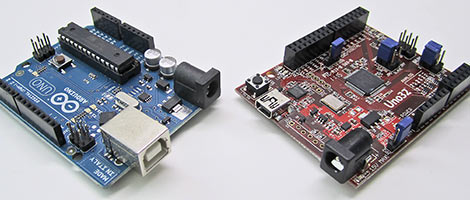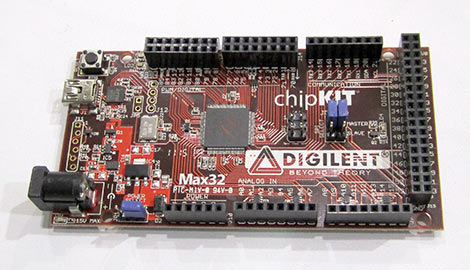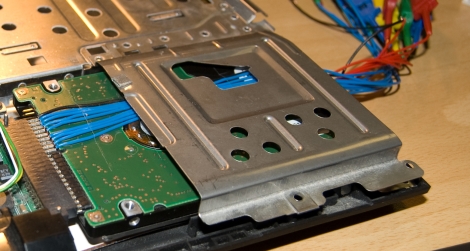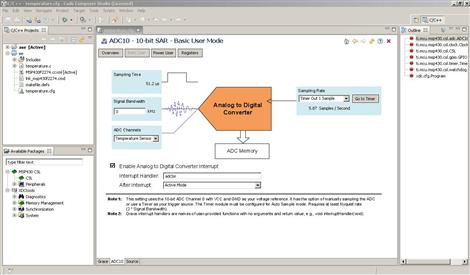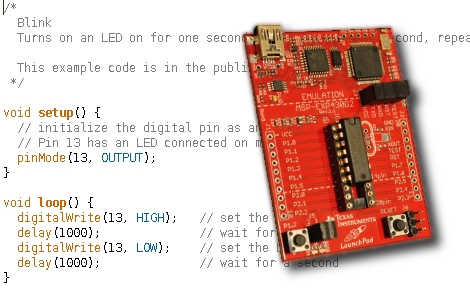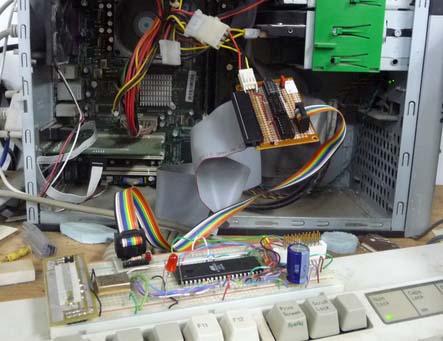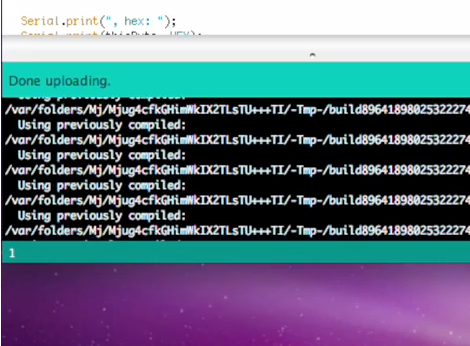
Relief is here from long compile times when developing firmware for your Arduino project. [Paul] was puzzled by the fact that every file used in a sketch is fully recompiled every time you hit upload–even if that file didn’t change. To make things more confusing, this behavior isn’t consistent across all Arduino compatible hardware. The Teensy has an additional feature not seen when working with other hardware boards in that it reuses previously compiled code if nothing has changed. It even tells you which files are being reused, as shown in the image above.
After the break we’ve embedded [Paul’s] video that walks us through the process of editing the Arduino IDE to reuse previously compiled files. It’s a one-liner addition to the boards.txt file. For example, if you’re working with the Arduino Uno all that needs to be added is ‘uno.build.dependency=true’. [Paul] had previously submitted a patch to roll this into the Arduino IDE source code, but it was not accepted citing a need for more testing. He’s asking for help with that testing and wants you to post your thoughts, or any bug information, on the new issue he’s opened regarding this feature. Continue reading “Get The Lead Out Of The Arduino Compile Process”

